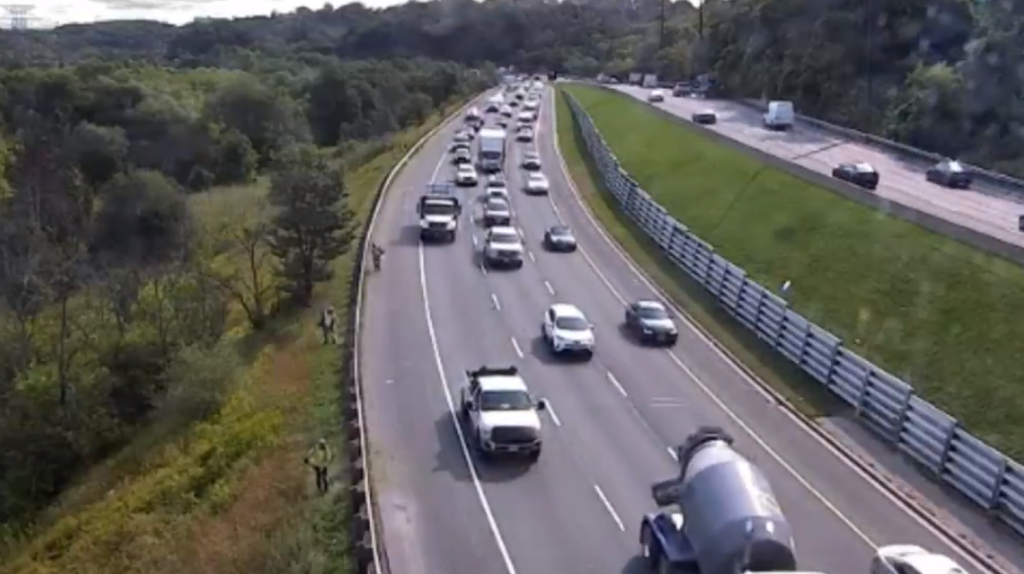Supreme Court agrees to extend deadline for right-to-die law by four months
Posted January 15, 2016 4:15 pm.
This article is more than 5 years old.
OTTAWA – The Supreme Court has added four months to the federal government’s deadline for producing a new law on doctor-assisted death – but with an exemption for anyone who wants to ask a judge to end their life earlier.
The Liberal government had argued that it needed the original Feb. 6 deadline extended by six months in order to have the time to craft a proper law. Opponents said that would simply prolong the suffering of many.
“In agreeing that more time is needed, we do not at the same time see any need to unfairly prolong the suffering of those who meet the clear criteria,” the court wrote in a narrow 5-4 decision on the extension application.
“An exemption can mitigate the severe harm that may be occasioned to those adults who have a grievous, intolerable and irremediable medical condition by making a remedy available now, pending Parliament’s response.”
The decision continues: “The prejudice to the rights flowing from the four-month extension outweighs countervailing considerations.”
In a landmark decision last winter, the high court recognized the right of consenting adults enduring intolerable physical or mental suffering to end their lives with a doctor’s help.
It suspended its decision for a year to give Parliament a chance to figure out how to respond. Today’s extension also excludes Quebec, which already has its own law.
The divisive issue proved no less so for the court’s nine-judge panel. Justices Rosalie Abella, Andromache Karakatsanis, Richard Wagner, Clement Gascon and Suzanne Cote made up the majority.
Chief Justice Beverley McLachlin and Justices Thomas Cromwell, Michael Moldaver and Russell Brown dissented in part.
The dissenters said they would not have exempted Quebec from the extension, nor would they have allowed exemptions for individuals seeking to end their lives during that period.
“We do not underestimate the agony of those who continue to be denied access to the help that they need to end their suffering,” they wrote.
“That should be clear from the court’s reasons for judgment on the merits. However, neither do we underestimate the complexity of the issues that surround the fundamental question of when it should be lawful to commit acts that would otherwise constitute criminal conduct.”
At least one Quebec patient has already received a doctor-assisted death. The province’s law governing what it calls medical aid in dying went into effect Dec. 10; since then, one patient in Quebec City’s university health care network received the service, a spokesperson confirmed Friday.
Elayne Shapray of Vancouver, who is wheelchair-bound and needs 24-hour assistance because of progressively worsening multiple sclerosis, said she’s disappointed by the court’s decision to grant the extension.
“There were reams and reams of evidence from all sorts of people – ethicists, doctors, other countries – and I think (the government) had it all before them and they could have come up with guidelines by the 6th of February.”
Shapray, who wants the choice of how and when to end her own life, had filed an affidavit with the court in support of the B.C. Civil Liberties Association, which argued against granting the extension.
However, she welcomed the decision to allow exemptions, calling it better than nothing in the face of the delay.
“I think they realize that real people are really suffering. It’s not a matter of politics,” she said.
“This is all about choice. This isn’t just for me, but about all people who are suffering and want to be able to have control over their own lives and say, ‘Enough is enough. I want out.'”
The original – and unanimous – decision on assisted dying last February came two decades after the court rejected the concept in the Sue Rodriguez case.
The latest decision revolved around two B.C. women, both of whom died before the court ruled, who wished to end their “grievous and irremediable” illnesses with medical help.
Gloria Taylor, who had a neurodegenerative disease, eventually died of an infection. Kay Carter, then 89, travelled to Switzerland, where assisted suicide is allowed.
Taylor had won a constitutional exemption at a lower court for a medically assisted death in 2012, but that decision was overturned in subsequent appeals.
In what is now known as the Carter case, the justices found that the existing ban on doctor-assisted death violated the Charter of Rights and Freedoms and struck it down.
“Those who wish to seek assistance from a physician in accordance with the criteria set out in … our reasons in Carter may apply to the superior court of their jurisdiction for relief during the extended period of suspension,” the court said Friday.
“Requiring judicial authorization during that interim period ensures compliance with the rule of law and provides an effective safeguard against potential risks to vulnerable people.”
Some groups have condemned the high court’s original decision, warning that legalizing euthanasia could have far-reaching consequences, particularly for vulnerable Canadians.
Others have applauded the decision, saying it’s time that certain people under particular circumstances were given a say in when and how their lives should end.
Friday’s decision left some with decidedly mixed feelings.
“Our patience is waning and our expectations are growing,” Dying with Dignity Canada chief executive Wanda Morris said in a statement.
“At this point, our movement will accept nothing less than a framework for assisted dying that serves patients’ needs, not those of politicians.”










